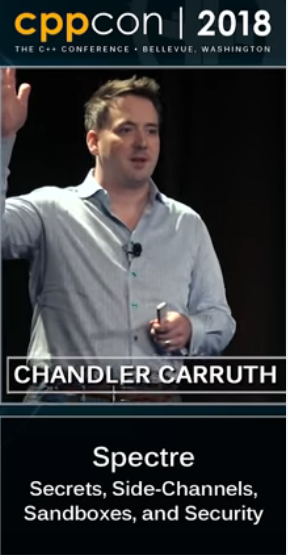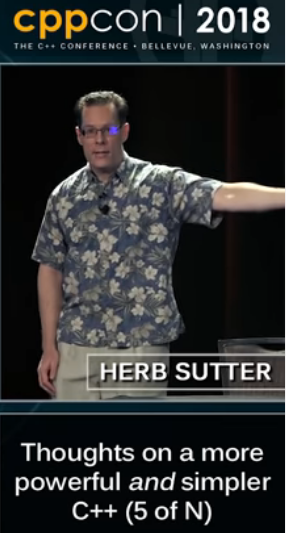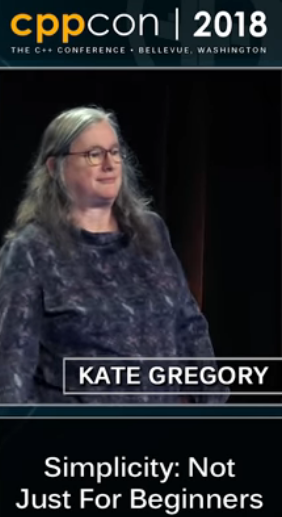CppCast Episode 171: Compile Time Regular Expressions with Hana Dusíková
Episode 171 of CppCast the only podcast for C++ developers by C++ developers. In this episode Rob and Jason are joined by Hana Dusíková to discuss her compile time regular expressions library, the Prague user group and her proposal for implicit constexpr.
CppCast Episode 171: Compile Time Regular Expressions with Hana Dusíková
by Rob Irving and Jason Turner
About the interviewee:
Hana is working as a senior researcher in Avast Software. Her responsibility is exploring new ideas and optimizing existing ones. She also propagates modern C++ techniques and libraries in internal techtalks and gives talks at local C++ meetups.
She studied computer science at Mendel university and subsequently taught several courses there, including: Data Structures, Computability and Complexity, and Formal Languages and Automata.

 Cppcon videos are coming.
Cppcon videos are coming. The CppCon 2018 closing keynote is now on YouTube:
The CppCon 2018 closing keynote is now on YouTube: The CppCon 2018 Thursday plenary session is now on YouTube:
The CppCon 2018 Thursday plenary session is now on YouTube: The CppCon 2018 Wednesday keynote is now on YouTube:
The CppCon 2018 Wednesday keynote is now on YouTube: